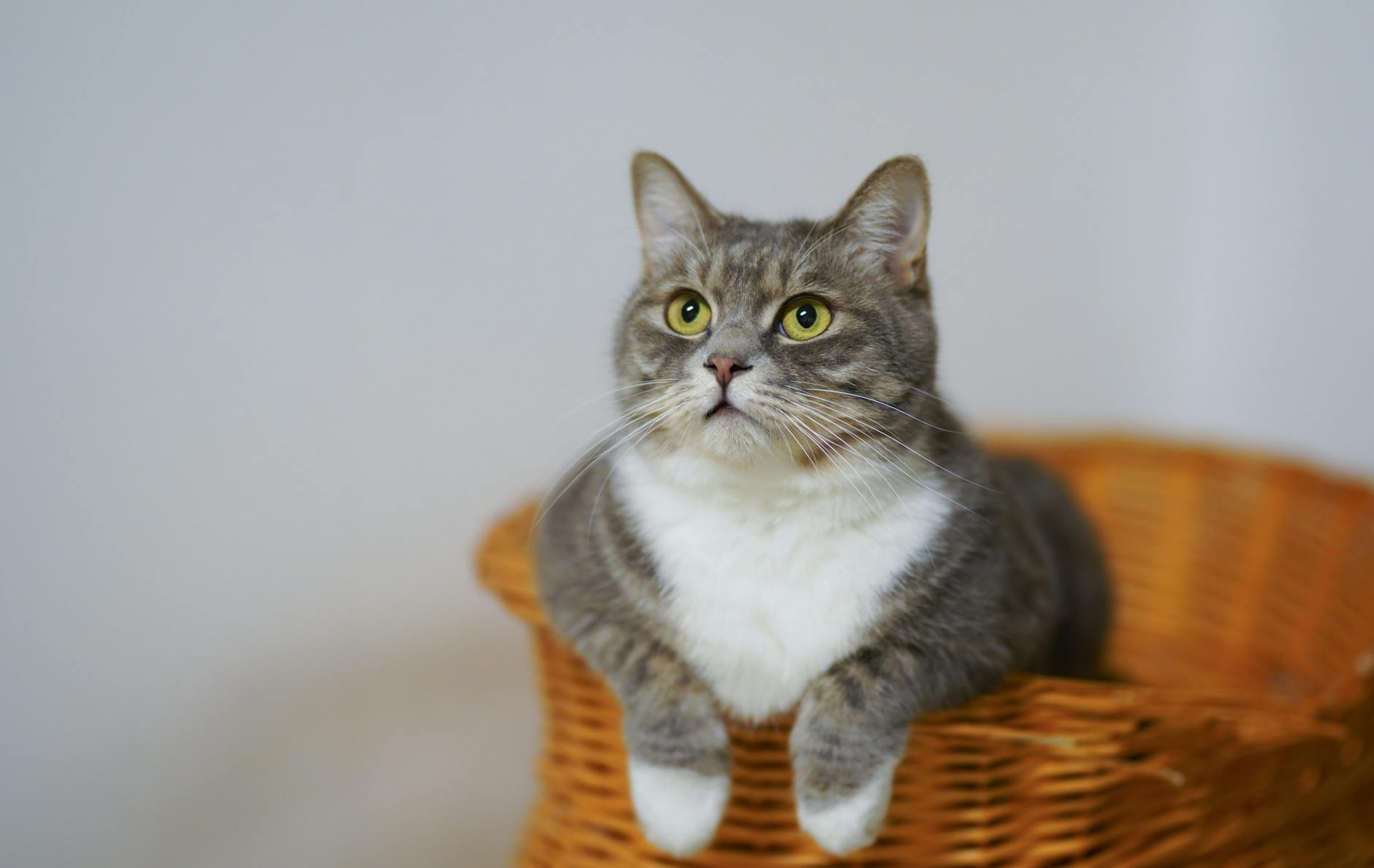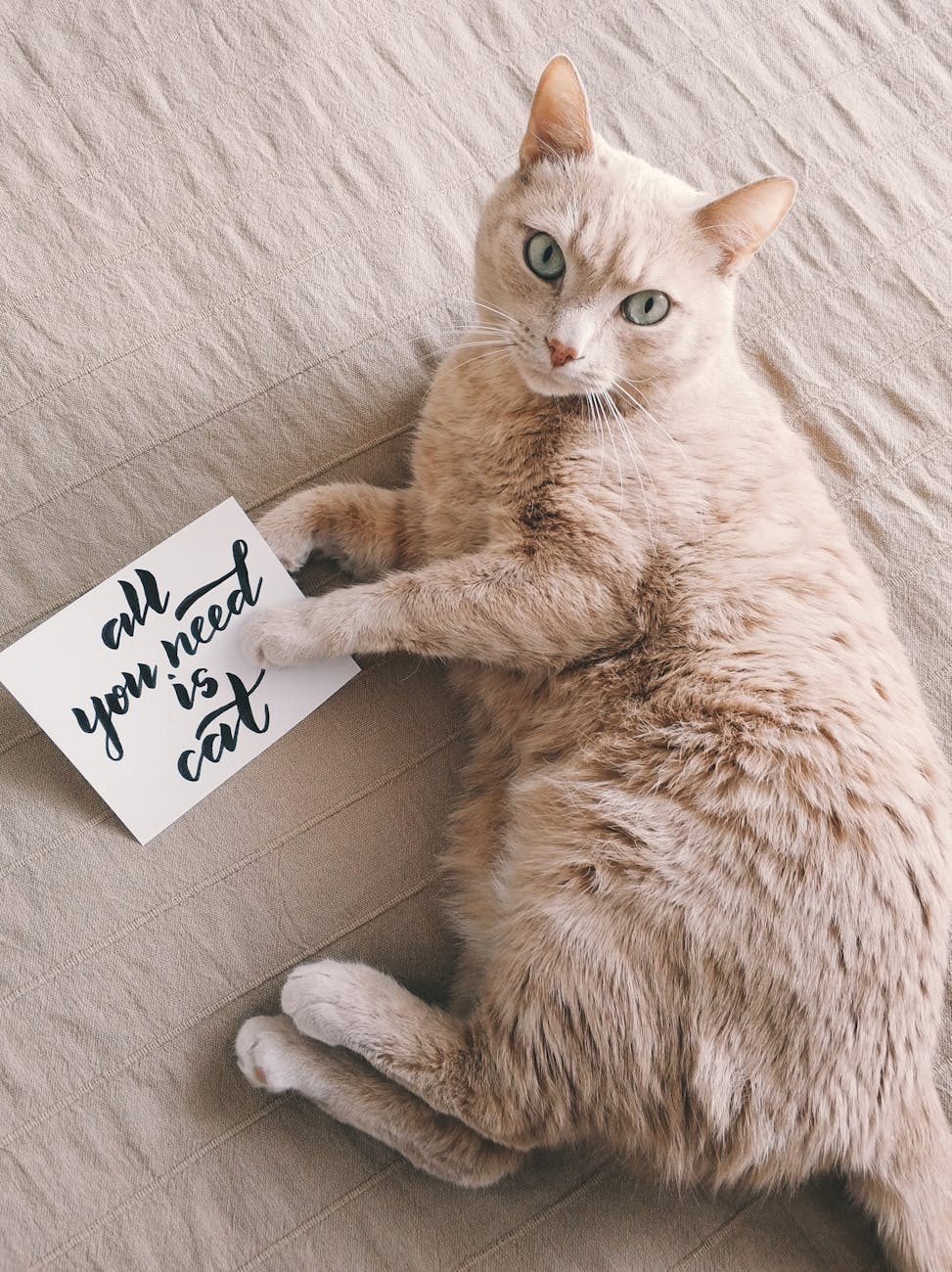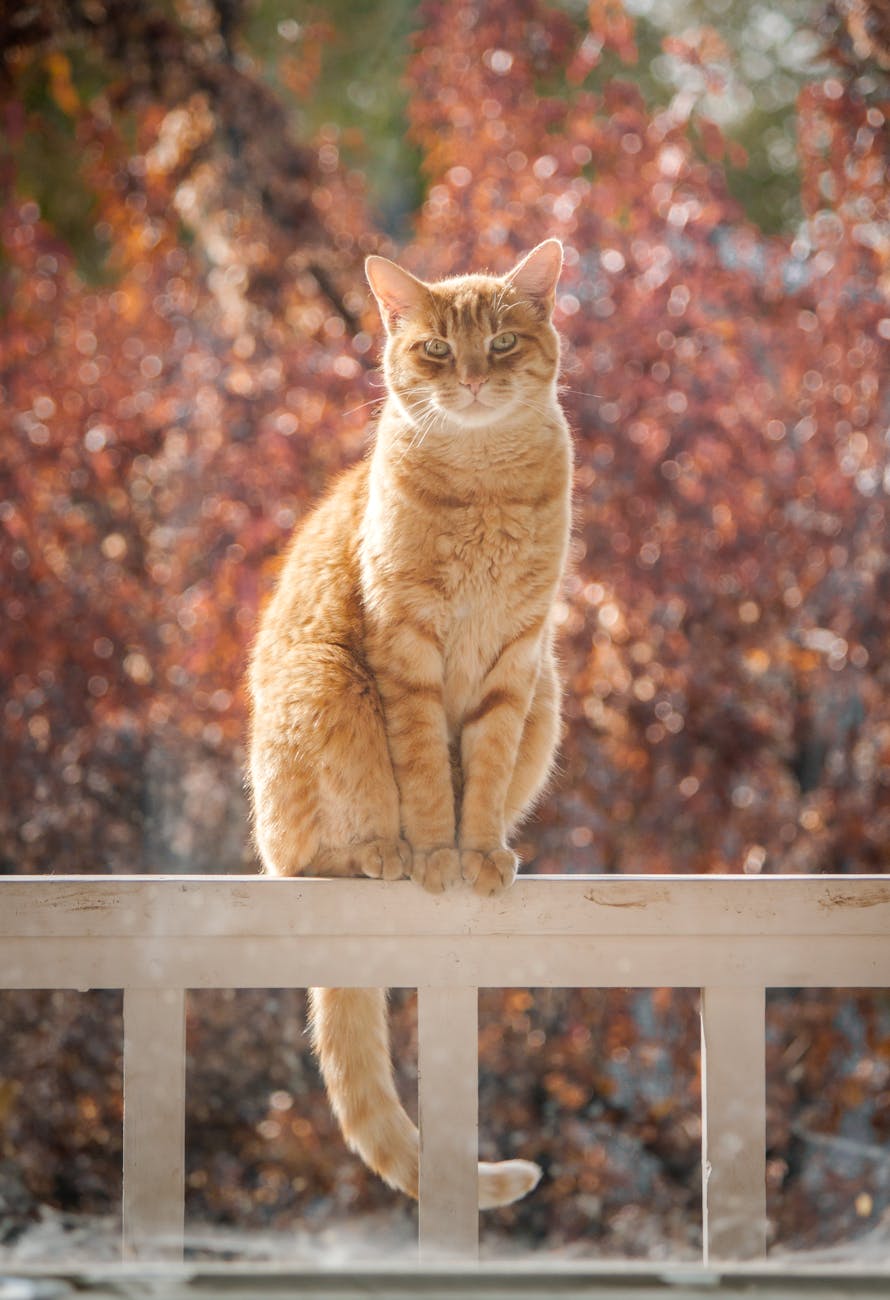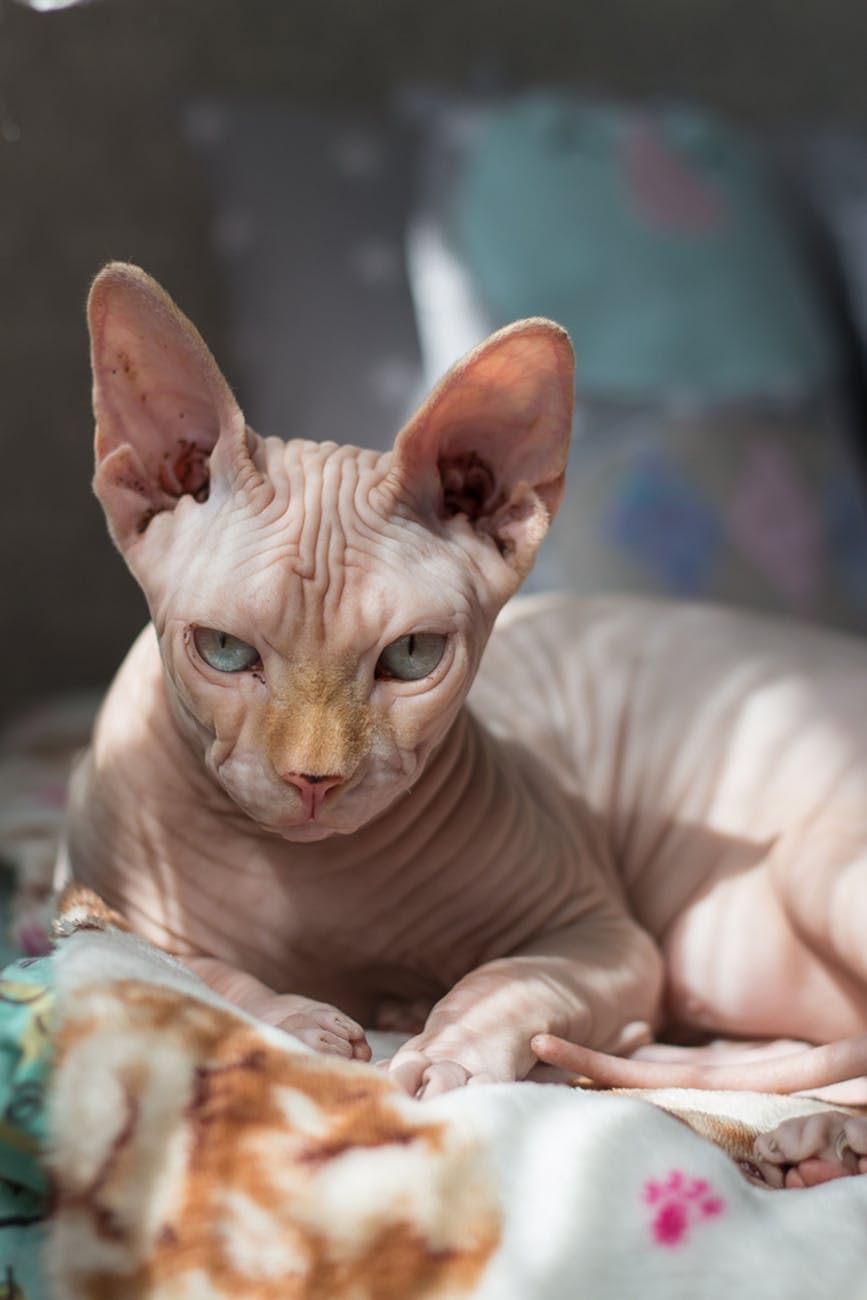When considering your cat’s diet, it’s crucial to ask, can cats eat cinnamon? While cinnamon is a common spice in many households, its effects on feline health can be complex. Understanding the nutritional needs of cats and the properties of cinnamon will help you make informed decisions. This blog will explore whether cats can safely enjoy cinnamon, its potential health benefits, signs of toxicity, and alternatives that ensure your furry friend remains healthy and happy. As we delve into these aspects, you’ll discover practical tips for introducing new flavors to your cat’s diet.
Understanding Cats’ Nutritional Needs
Cats are obligate carnivores, meaning they primarily require meat to thrive. Their unique nutritional needs differ significantly from those of humans and other animals. Here’s what you should consider regarding their diet:
High Protein Requirement: Cats need a diet rich in protein for muscle development and energy. Look for high-quality protein sources like chicken, fish, and turkey.
Taurine: This essential amino acid is critical for feline heart, eye, and reproductive health. Ensure your cat’s diet includes sufficient taurine.
Limited Carbohydrates: Cats digest carbohydrates poorly. It’s vital to choose foods low in grains and fillers.
Fats: Healthy fats provide energy and support skin and coat health. Look for omega-3 and omega-6 fatty acids in their food.
Understanding these nutritional components helps you figure out what to feed your feline friend. Now, you might wonder, can cats eat cinnamon? While some spices can be safe in moderation, always prioritize their core dietary needs and consult a veterinarian before introducing new foods.

Cinnamon: What You Need to Know
When considering whether can cats eat cinnamon, it’s essential to understand what cinnamon really is. This popular spice comes from the inner bark of trees from the genus Cinnamomum and is widely used in both cooking and baking due to its sweet and warming flavor.
Key Points About Cinnamon:
Types of Cinnamon:
- Ceylon Cinnamon: Known as "true cinnamon," it’s sweeter and considered safer.
- Cassia Cinnamon: More common, it contains higher levels of coumarin, which can be harmful in large amounts.
Compounds in Cinnamon:
- Cinnamaldehyde: This chemical gives cinnamon its flavor but can irritate some pets’ digestive systems.
Nutritional Value:
While cinnamon itself has some potential health benefits, such as anti-inflammatory properties, it’s crucial to remember that cats are obligate carnivores. Therefore, their nutritional needs primarily come from animal-based proteins.
In summary, if you’re pondering can cats eat cinnamon, the answer is not straightforward. Small amounts may not harm your cat, but caution is key, especially with Cassia cinnamon. Always consult your veterinarian for personalized advice regarding your cat’s diet.
Is Cinnamon Toxic to Cats?
When it comes to feline health, understanding whether can cats eat cinnamon is crucial. While cinnamon is not highly toxic to cats, it poses certain risks:
- Cinnamon Oil: Concentrated forms like cinnamon oil can be harmful. These oils contain high levels of compounds that may irritate a cat’s skin or stomach.
- Cinnamon Bark: The woody part of the cinnamon plant may cause digestive upset if ingested, leading to discomfort or vomiting.
Comparison of Cinnamon Types and Their Effects
| Type of Cinnamon | Toxicity Level | Effects on Cats |
|---|---|---|
| Cinnamon Powder | Low | Possible mild stomach upset |
| Cinnamon Oil | High | Can be toxic; skin and stomach irritation |
| Cinnamon Bark | Moderate | May cause vomiting or discomfort |
In summary, while small amounts of cinnamon powder might not be toxic, it’s best to avoid giving it to your cat. Always consult your veterinarian before introducing new foods, so you can ensure a safe and healthy diet for your feline friend.
Potential Health Benefits of Cinnamon for Cats
When exploring whether can cats eat cinnamon, it’s essential to weigh the potential health benefits against the risks. While cinnamon isn’t a primary feline food, it offers some intriguing properties:
- Antioxidant properties: Cinnamon contains compounds that may help combat oxidative stress in cells.
- Anti-inflammatory effects: Cinnamon may assist in reducing inflammation, potentially benefiting cats with conditions like arthritis.
- Antimicrobial benefits: Some studies suggest cinnamon can inhibit certain bacteria and fungi, promoting overall health.
Even though these benefits sound promising, it’s crucial to remember that moderation is key. Here’s a quick comparison:
| Benefit | Description |
|---|---|
| Antioxidant | Helps protect cells from damage |
| Anti-inflammatory | May reduce swelling and pain |
| Antimicrobial | Could help fight infections |
However, before incorporating cinnamon into your cat’s diet, always remember to ask: can cats eat cinnamon safely? Ultimately, it’s best to consult with your veterinarian to ensure any new food aligns well with your feline’s health needs.

Signs of Cinnamon Toxicity in Cats
When considering whether can cats eat cinnamon, it’s crucial to be aware of the signs of cinnamon toxicity. Although it’s not widely considered poisonous, excessive consumption can lead to adverse effects. Here are potential symptoms to look out for:
- Vomiting: If your cat starts to vomit shortly after consuming cinnamon, this could be a red flag.
- Diarrhea: Loose stools or diarrhea may indicate that cinnamon is not agreeing with your feline.
- Respiratory issues: Wheezing or difficulty breathing are serious symptoms that require immediate attention.
- Lethargy: Unusual tiredness or listlessness can signal discomfort or illness.
- Skin irritation: Look for redness or irritation, which may occur if cinnamon is ingested or comes into contact with the skin.
In essence, if you notice any of these symptoms after asking yourself, "can cats eat cinnamon," it’s best to consult with your veterinarian promptly. Prioritize the health and safety of your furry friend, and always monitor their reactions to new foods.
Safe Alternatives to Cinnamon for Treating Cats
When considering treats for your feline friend, it’s essential to explore safe alternatives to cinnamon. Although cinnamon poses some risks to cats, numerous safe and healthy options exist. Here are several alternatives you can offer:
- Catnip: Most cats adore this aromatic herb, which can stimulate playful behavior and relaxation.
- Pumpkin: Rich in fiber and vitamins, plain canned pumpkin (not pie filling) aids digestion.
- Chicken: Cooked, plain chicken is a protein-packed treat that most cats love.
- Fish: Small amounts of cooked fish, like salmon or tuna, can be a tasty and safe indulgence.
- Carrots: Cooked and mashed carrots provide a nutritious snack option for adventurous cats.
When introducing any new treat, consider these tips:
- Introduce Slowly: Start with small amounts to monitor your cat’s reaction.
- Consult Your Vet: Always better to discuss dietary changes with a veterinarian for personalized advice.
Ultimately, while you may wonder, "can cats eat cinnamon?" it’s wise to stick with these safer alternatives for your furry companions.
How to Introduce New Foods to Your Cat
Introducing new foods to your cat requires patience and strategy. Cats can be quite particular about what they eat, and sudden changes to their diet might lead to digestive issues. Here’s how to safely introduce new foods, like cinnamon, while answering the question: can cats eat cinnamon?
Start Slowly: Begin with a pinch of the new food. This allows your cat to explore the taste without overwhelming their system.
Mix with Familiar Food: Combine small amounts of the new food with their regular diet. This blend makes it easier for them to accept the new flavor.
Observe Their Reaction: Monitor your cat for any signs of discomfort, such as vomiting or diarrhea. If they react negatively, discontinue the new food.
Gradually Increase Amounts: If your cat handles the initial introduction well, gradually increase the portion over several days.
Consult Your Veterinarian: Always check with a vet before introducing new foods. They can provide valuable insights on whether can cats eat cinnamon safely or if other options may be better.
By following these steps, you can ensure a smooth transition to new foods while keeping your feline’s health at the forefront.

Consulting with a Veterinarian on Diet Changes
When considering whether can cats eat cinnamon, it’s essential to involve a veterinarian in the decision-making process. A vet can provide precise guidance tailored to your cat’s specific health needs. Here’s why consulting with a veterinarian is crucial:
- Expert Advice: Vets understand feline nutrition and can help assess if introducing new foods like cinnamon aligns with your cat’s dietary needs.
- Health Assessment: A veterinarian can evaluate your cat’s overall health and identify any potential sensitivities or allergies.
- Avoiding Risks: Some ingredients that seem harmless can be harmful to cats. Your vet can clarify the safety status of various foods, including cinnamon.
- Personalized Diet Plans: Based on your cat’s age, weight, and health conditions, your veterinarian can recommend the best dietary changes.
In summary, if you wonder, can cats eat cinnamon, discussing it with a veterinarian ensures that your furry friend remains safe and healthy while enjoying a varied diet.
Frequently Asked Questions
Is cinnamon safe for cats to consume?
Cinnamon is not considered safe for cats in significant amounts. While small amounts may not immediately harm a cat, cinnamon contains compounds like coumarin which can lead to liver damage or other health issues if ingested in larger quantities. Therefore, it is advisable to avoid giving cinnamon to your feline friend altogether, as they do not have the digestive enzymes to process it properly.
What should I do if my cat accidentally eats cinnamon?
If your cat accidentally consumes cinnamon, monitor them closely for any signs of distress such as vomiting, diarrhea, or lethargy. In case of severe symptoms or if your cat has ingested a significant quantity, it is essential to contact your veterinarian immediately. Providing the vet with information about the amount ingested and the time of consumption can assist in handling the situation more effectively.
Are there any cat-safe spices I can use instead of cinnamon?
Yes, some spices are safe for cats in moderation. Catnip is a popular herb that many cats enjoy and is safe for them. Parsley can also be given in small amounts for its health benefits. However, before introducing any new herbs or spices, it’s always a good idea to consult with your veterinarian to ensure they are safe for your specific cat.
Can I use cinnamon in cat treats?
It is not recommended to use cinnamon in homemade cat treats, as it can cause health issues for your cat. Instead, consider using ingredients known to be safe for cats, such as chicken broth or fish. Always research ingredients first, and consult with your vet before introducing new foods or treats into your cat’s diet to ensure their safety and well-being.



